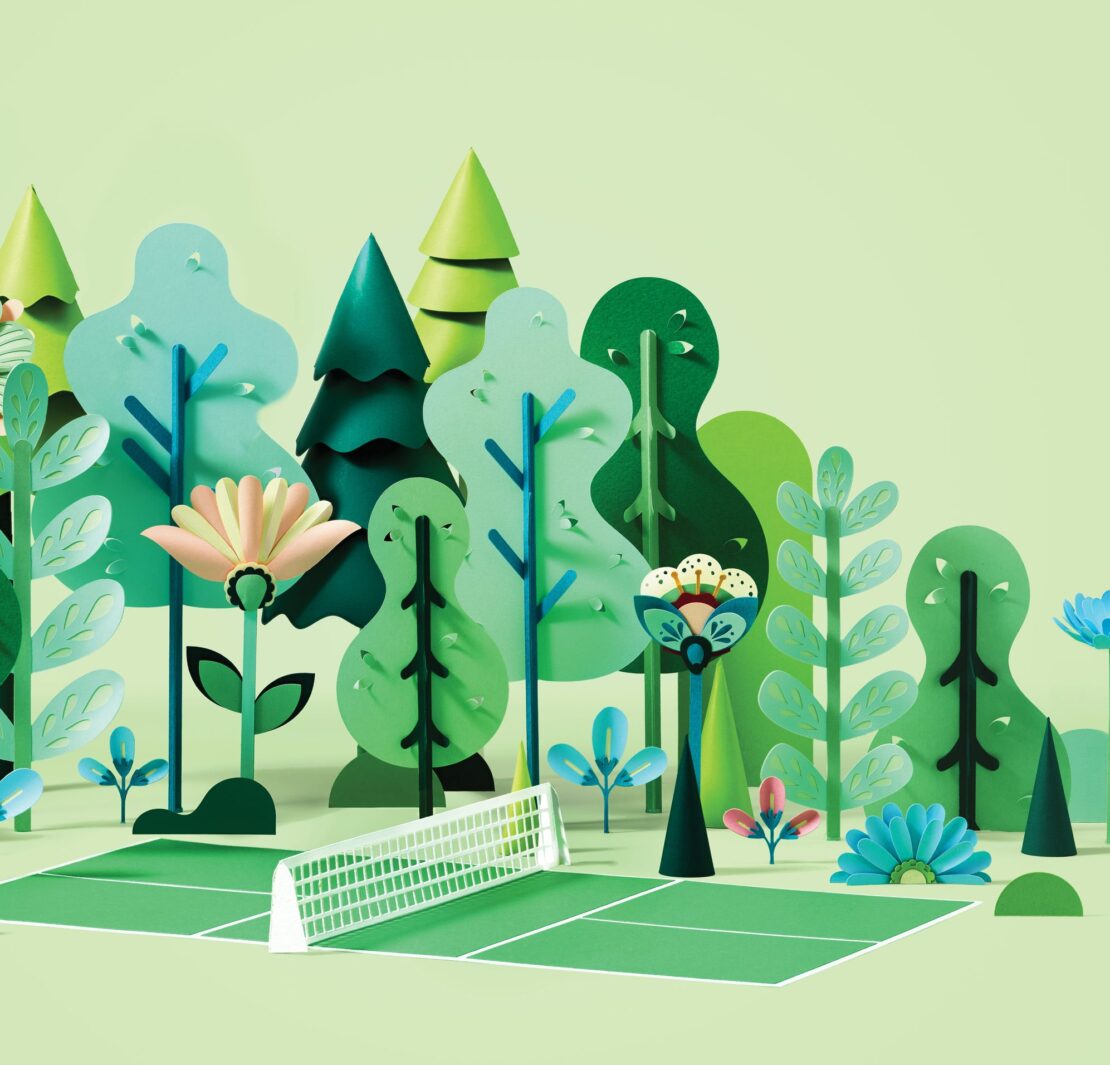7 Ways Playing Pickleball Outdoors Can Improve Your Life
- Playing among nature, under open sky, can better your health—and your game, says the latest science. Here’s how to get the outside advantage.

ILLUSTRATIONS BY ADRIAN & GIDI
Previous Article
Next Article


